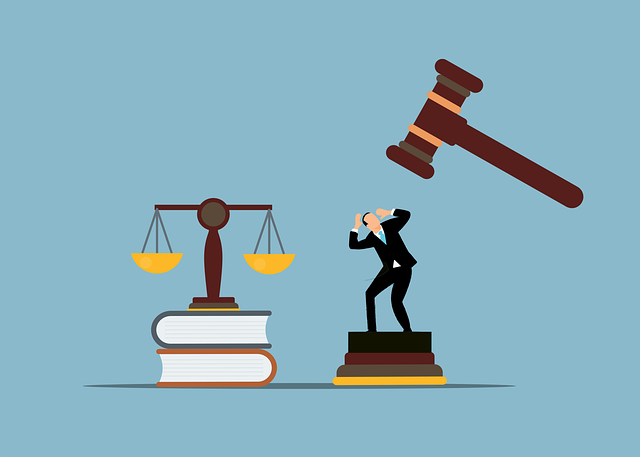In Oregon, understanding criminal defense strategies is crucial for legal advocates aiming to protect clients' rights and mitigate or dismiss charges. This involves investigating cases, challenging prosecution evidence, and employing tailored defenses like questioning evidence admissibility, asserting client rights (e.g., right to remain silent), building strong alibis, and presenting character evidence. Skilled advocates navigate Oregon's legal system, filing critical motions, analyzing evidence, cross-examining witnesses, and leveraging constitutional rights to achieve favorable outcomes, ultimately emphasizing the importance of robust criminal charges defense strategies.
Looking for robust criminal defense in Oregon? Understanding your rights and navigating complex legal systems can be daunting, especially when facing criminal charges. This guide delves into effective criminal charges defense strategies, highlighting the crucial role of a legal advocate. We explore strategic approaches to counter accusations, protect your freedoms, and achieve the best possible outcome. By understanding your options, you’re better equipped to navigate Oregon’s criminal justice system with confidence.
- Understanding Criminal Defense Strategies
- The Role of a Legal Advocate in Oregon
- Navigating Criminal Charges: Effective Defense Tactics
Understanding Criminal Defense Strategies

Understanding Criminal Defense Strategies is a cornerstone for any successful legal advocate representing clients in Oregon facing criminal charges. The primary goal is to mitigate or dismiss these charges, ensuring the best possible outcome for the defendant. This involves thorough investigation of the case, challenging the prosecution’s evidence, and leveraging various defense strategies tailored to each unique circumstance.
One common approach is to question the admissibility of evidence, including testimonies and physical clues, by highlighting procedural errors or doubts about their reliability. Another strategy focuses on the client’s rights, such as the right to remain silent and the right to a fair trial, arguing that any confession or action taken without these rights properly advised was involuntary and inadmissible. Additionally, building a strong alibi defense or presenting character evidence to counteract accusations are also effective tactics in Oregon’s criminal justice system.
The Role of a Legal Advocate in Oregon

In Oregon, a legal advocate plays a pivotal role in supporting individuals facing criminal charges. Their primary responsibility is to champion their client’s rights and ensure they receive a fair trial. Legal advocates employ diverse defense strategies tailored to each case, aiming to challenge the prosecution’s evidence and protect the defendant’s interests.
By leveraging expertise in Oregon’s legal system, these advocates navigate complex procedures, file critical motions, and present compelling arguments to strengthen the defense. Their efforts are crucial in safeguarding individual liberties and ensuring that justice is served within the confines of the law.
Navigating Criminal Charges: Effective Defense Tactics

Navigating criminal charges can be a daunting task, but effective defense tactics can significantly impact the outcome of a case. In Oregon, experienced legal advocates play a crucial role in guiding clients through this complex process. They begin by thoroughly examining the evidence and understanding the specific criminal charges levied against their client. This involves reviewing police reports, witness statements, and any physical evidence to identify potential weaknesses or discrepancies in the prosecution’s case.
Defense strategies may include challenging the admissibility of evidence, cross-examining witnesses, and presenting alternative explanations or alibis. Skilled advocates also leverage legal loopholes, constitutional rights, and procedural errors to undermine the prosecution’s position. By employing these tactics, criminal defense attorneys aim to protect their clients’ interests, minimize potential sentences, and ultimately achieve a favorable outcome in court.






